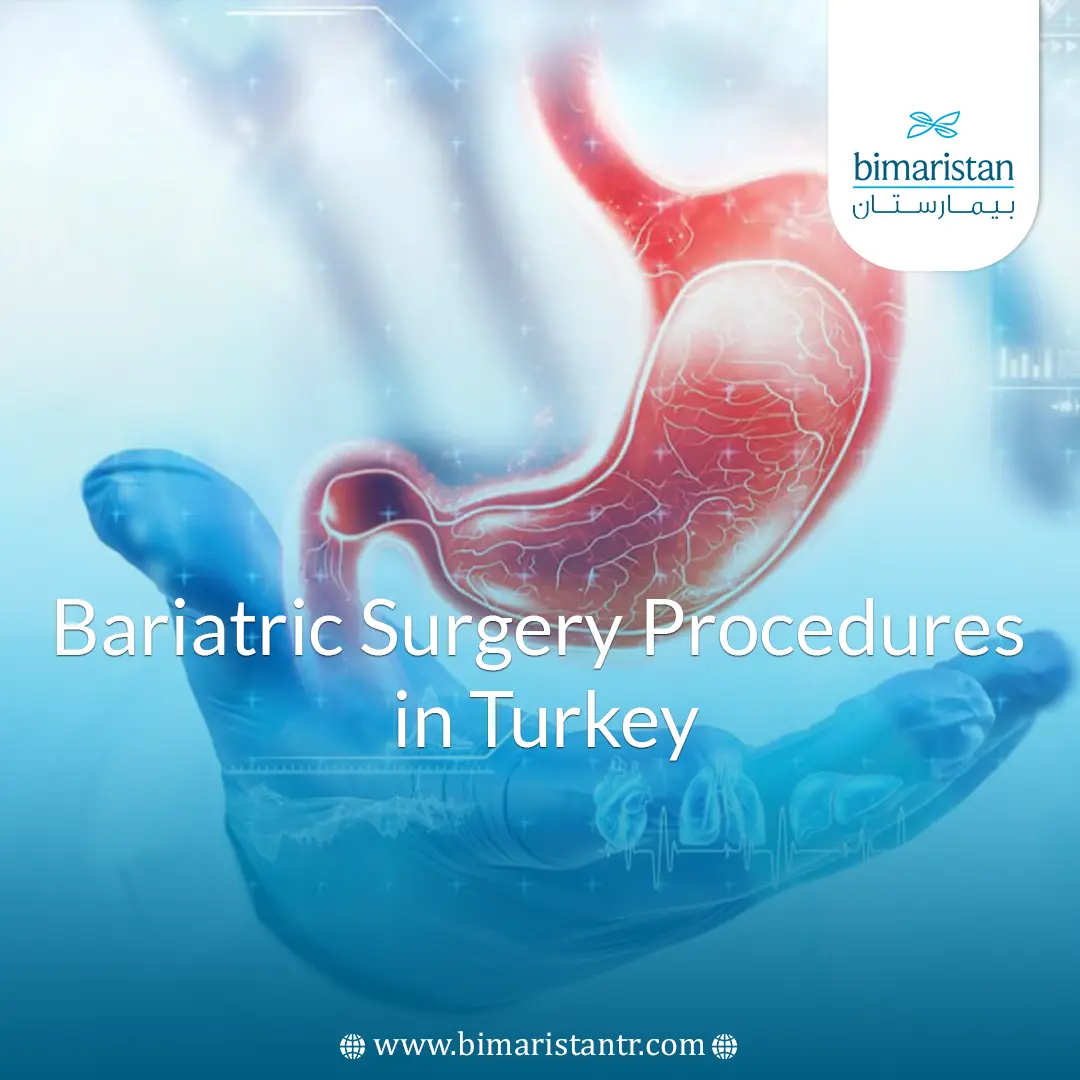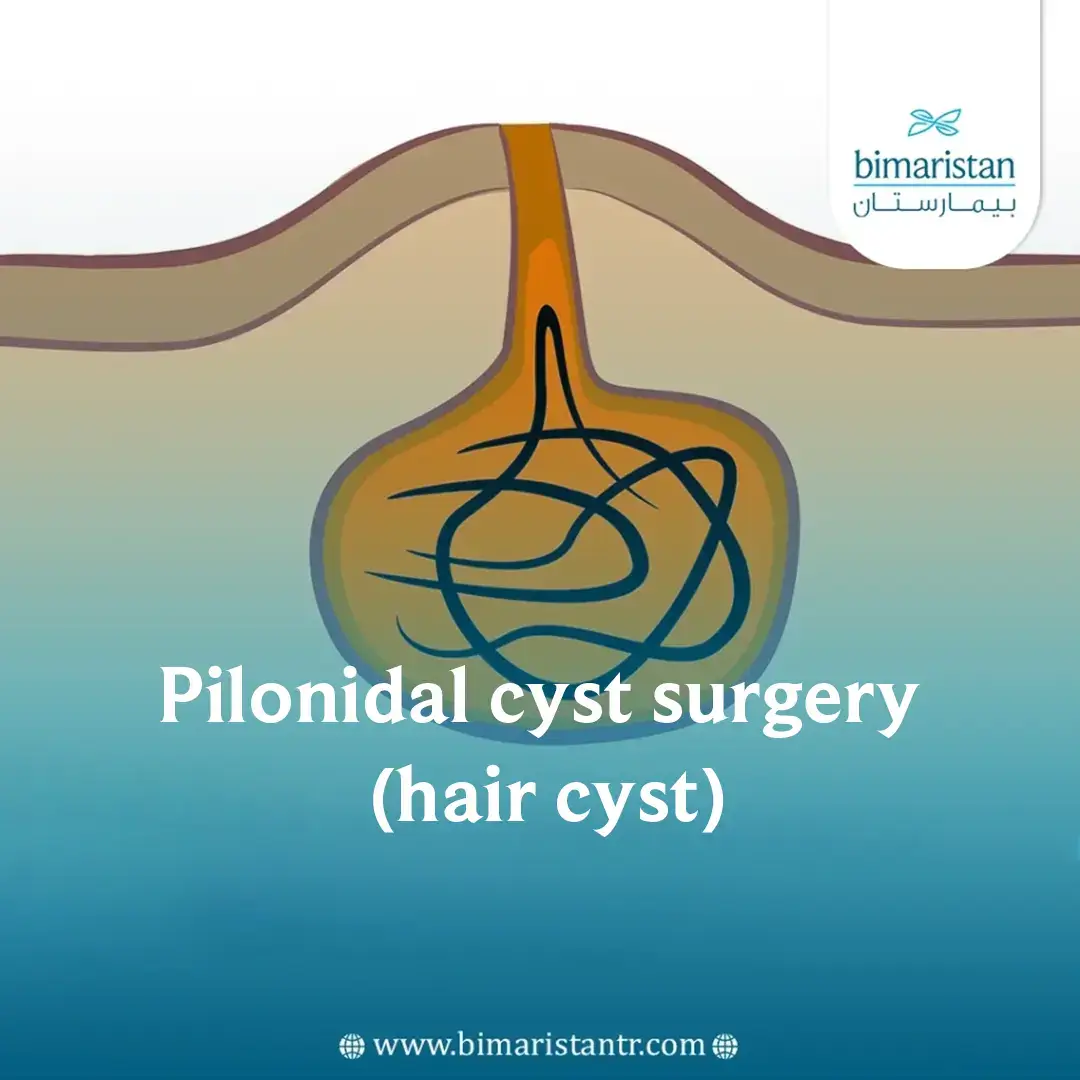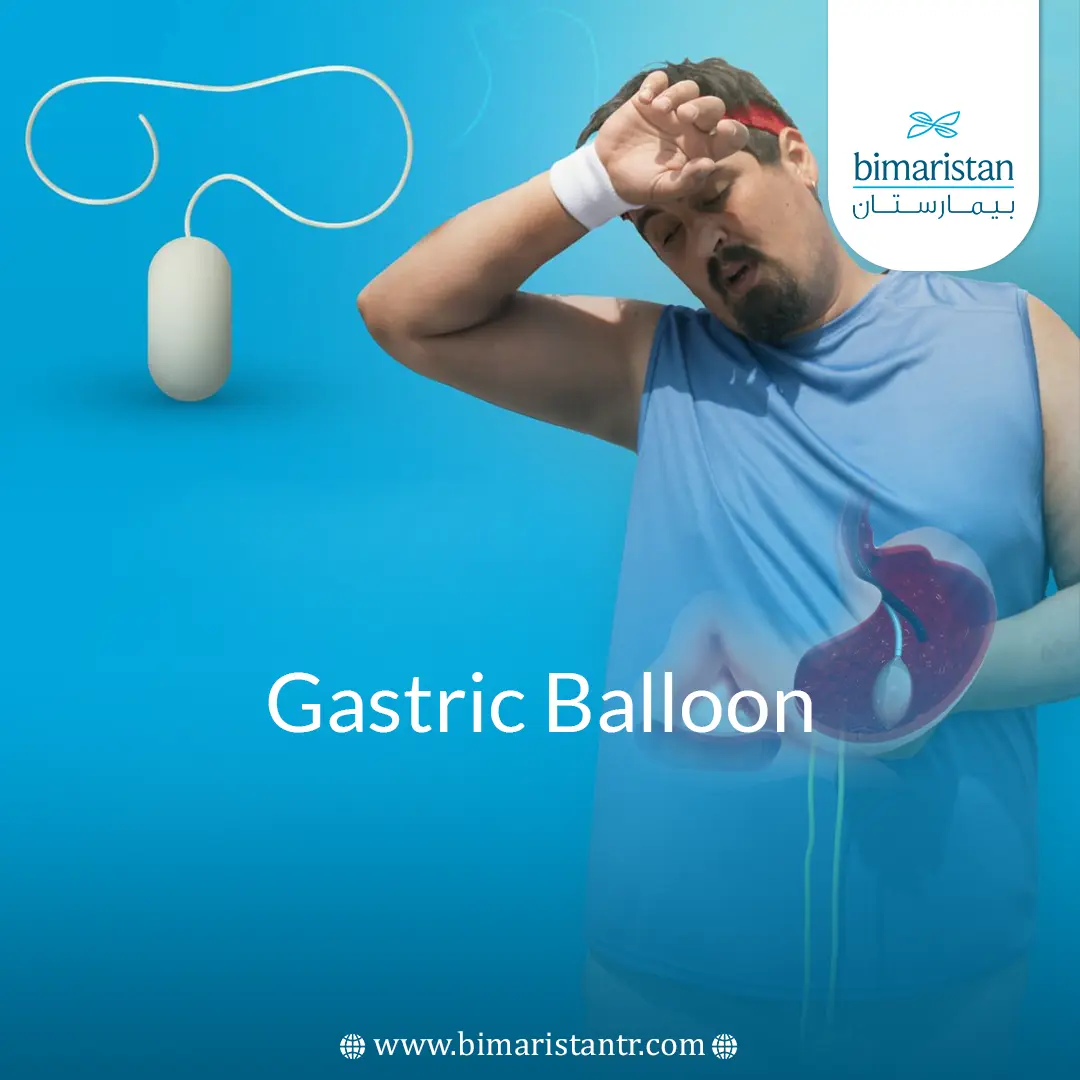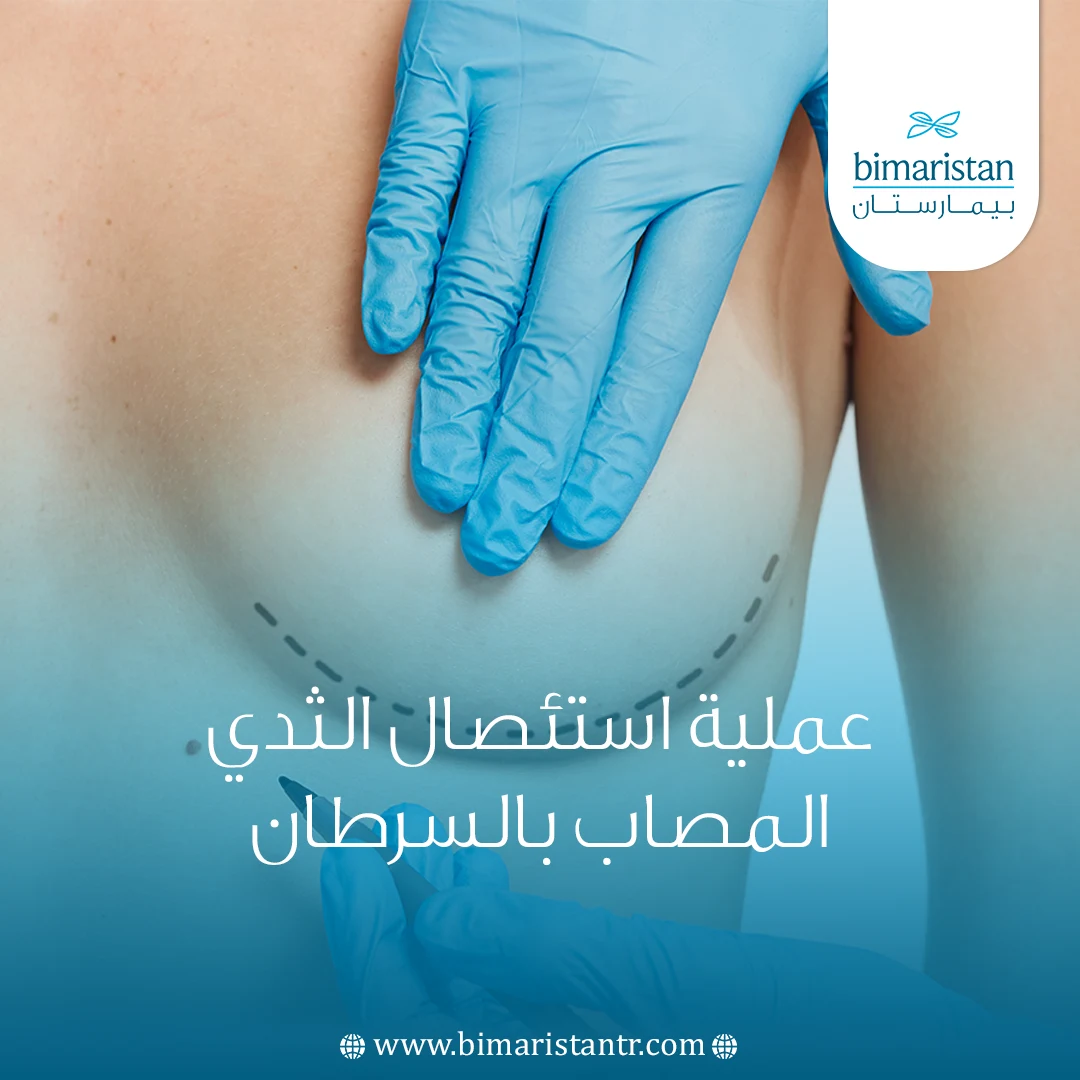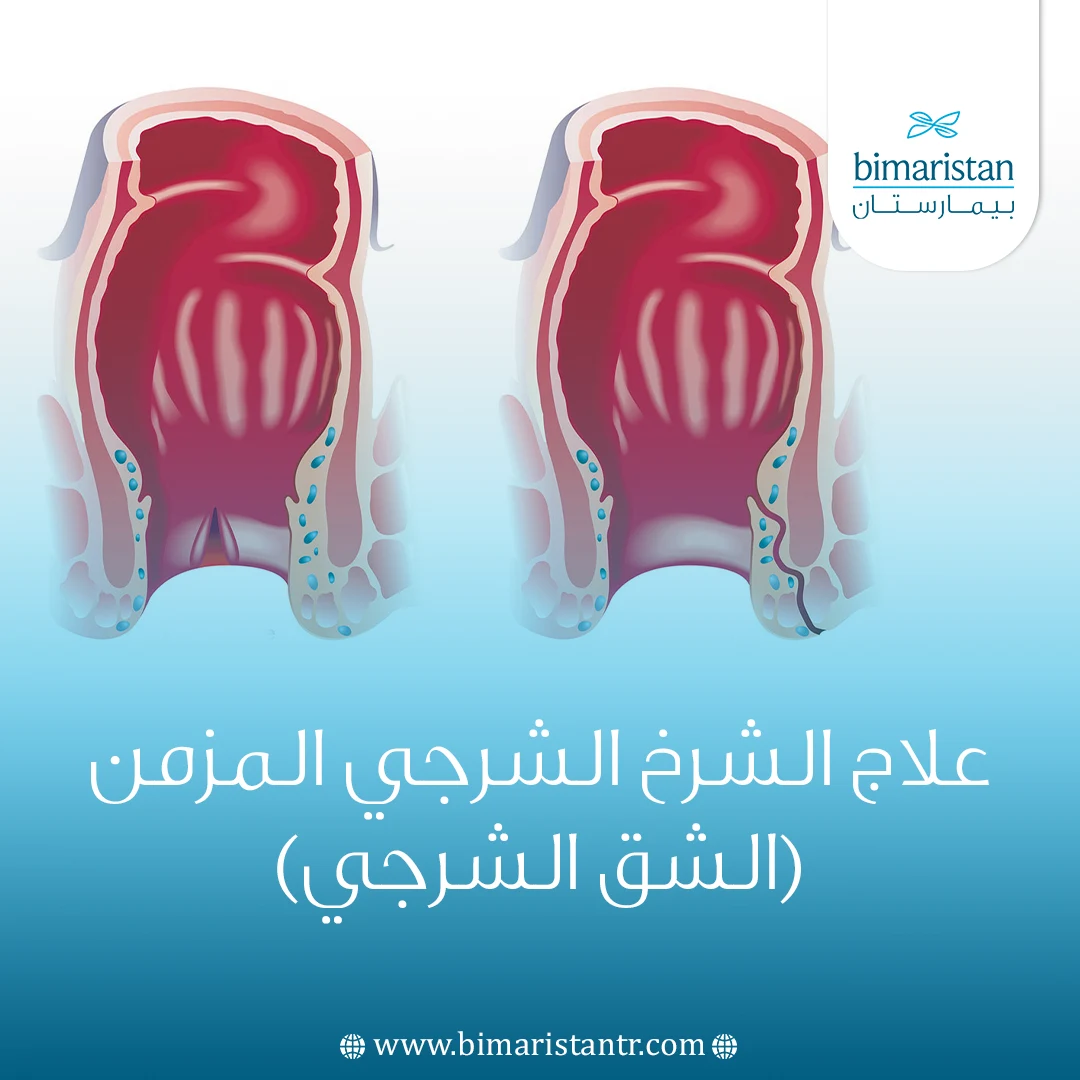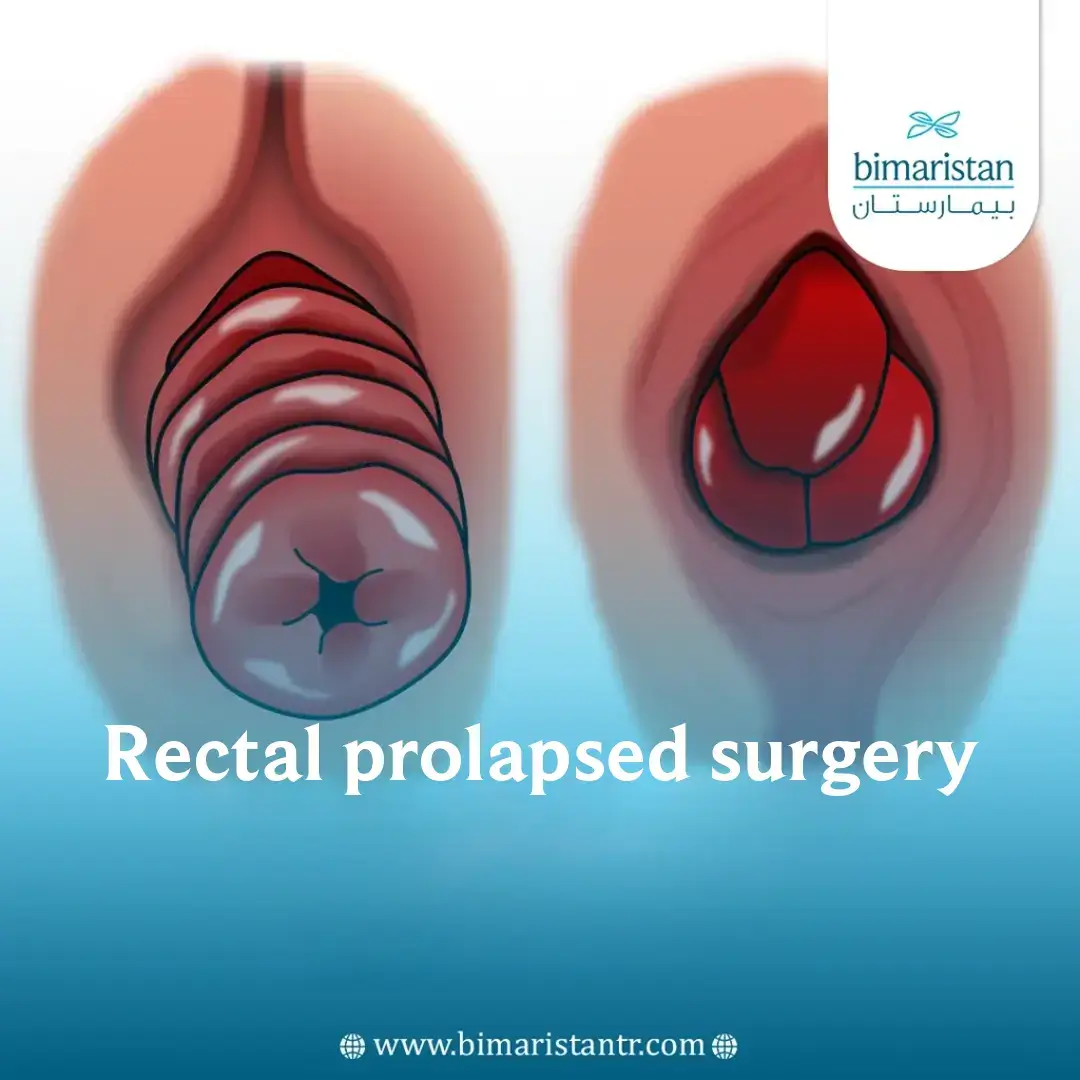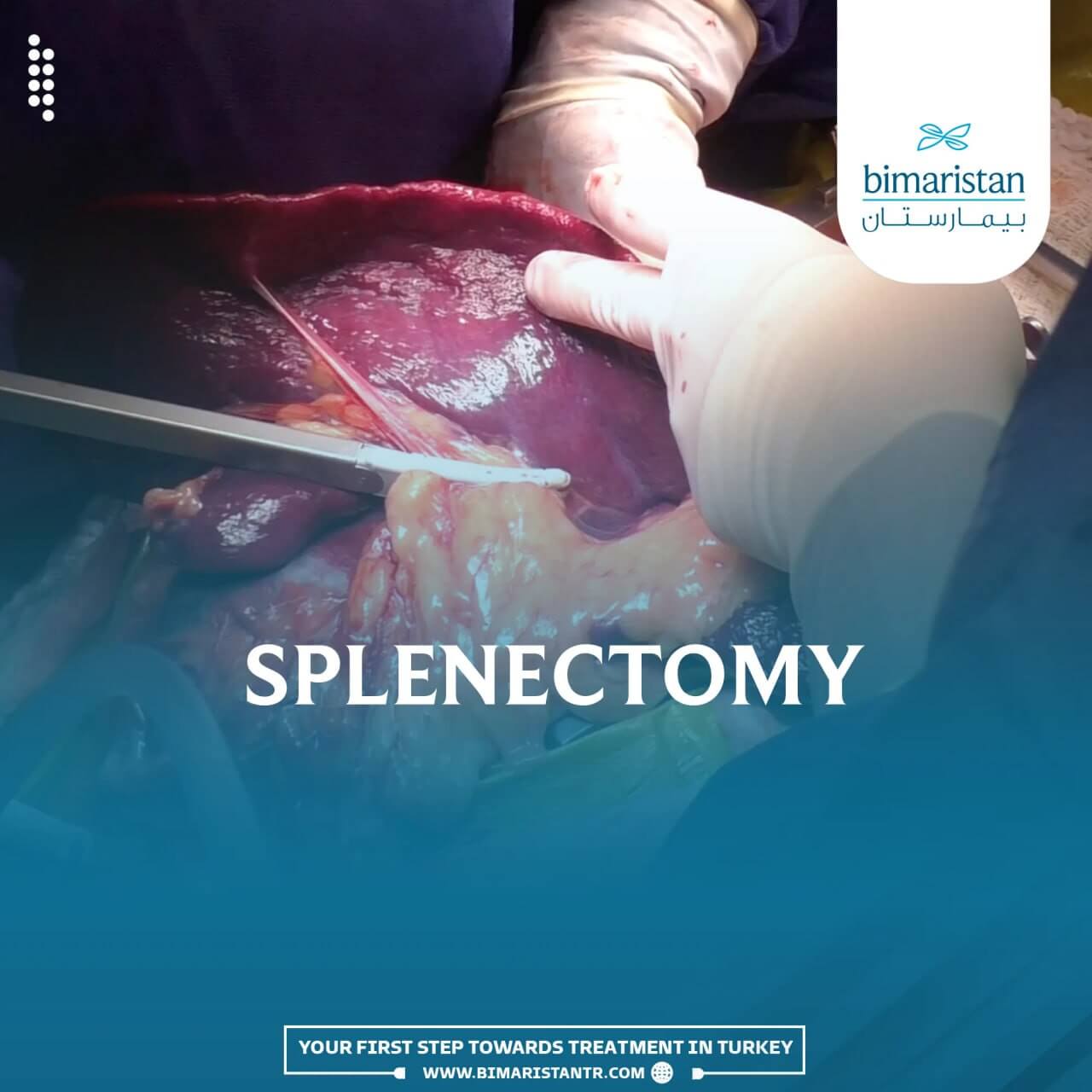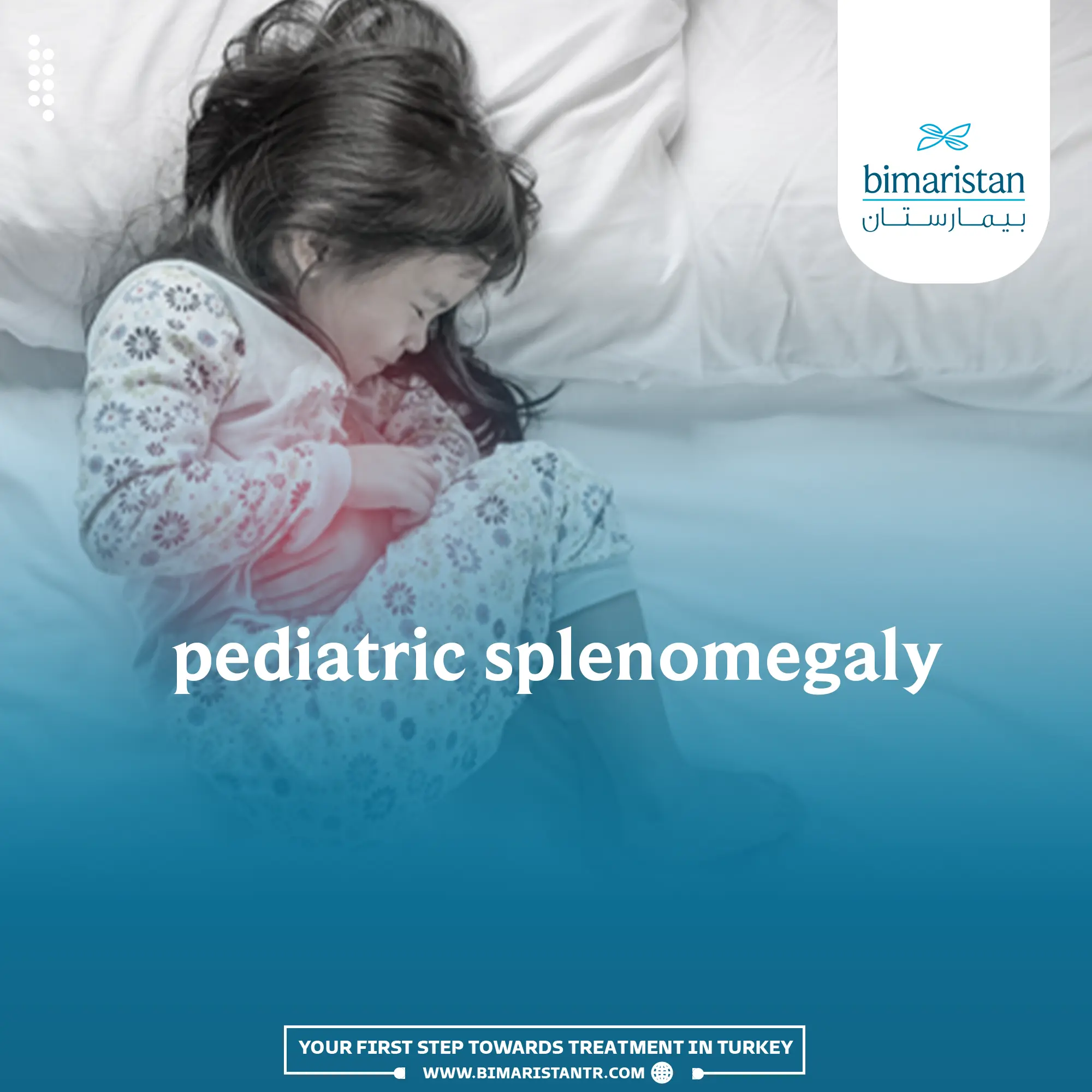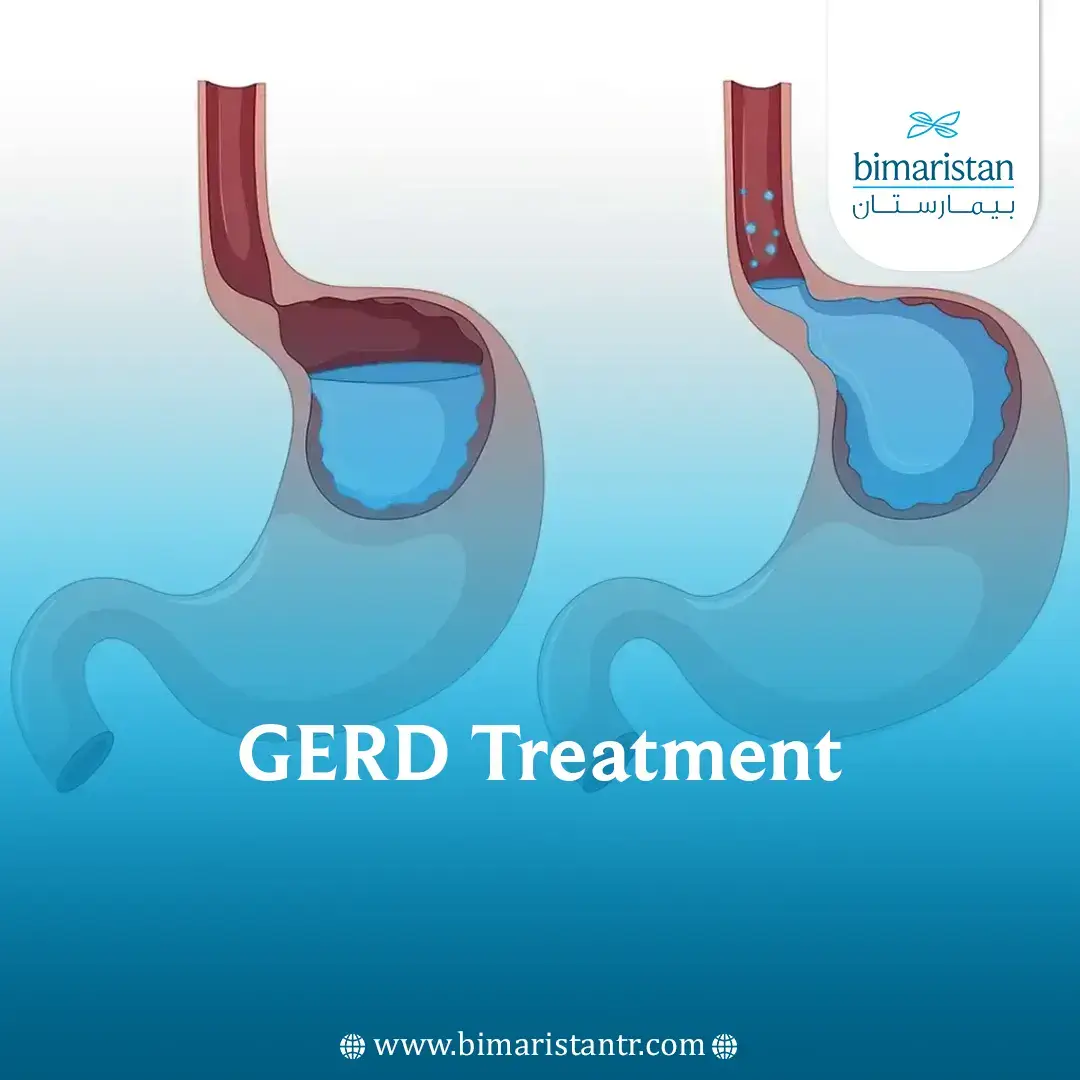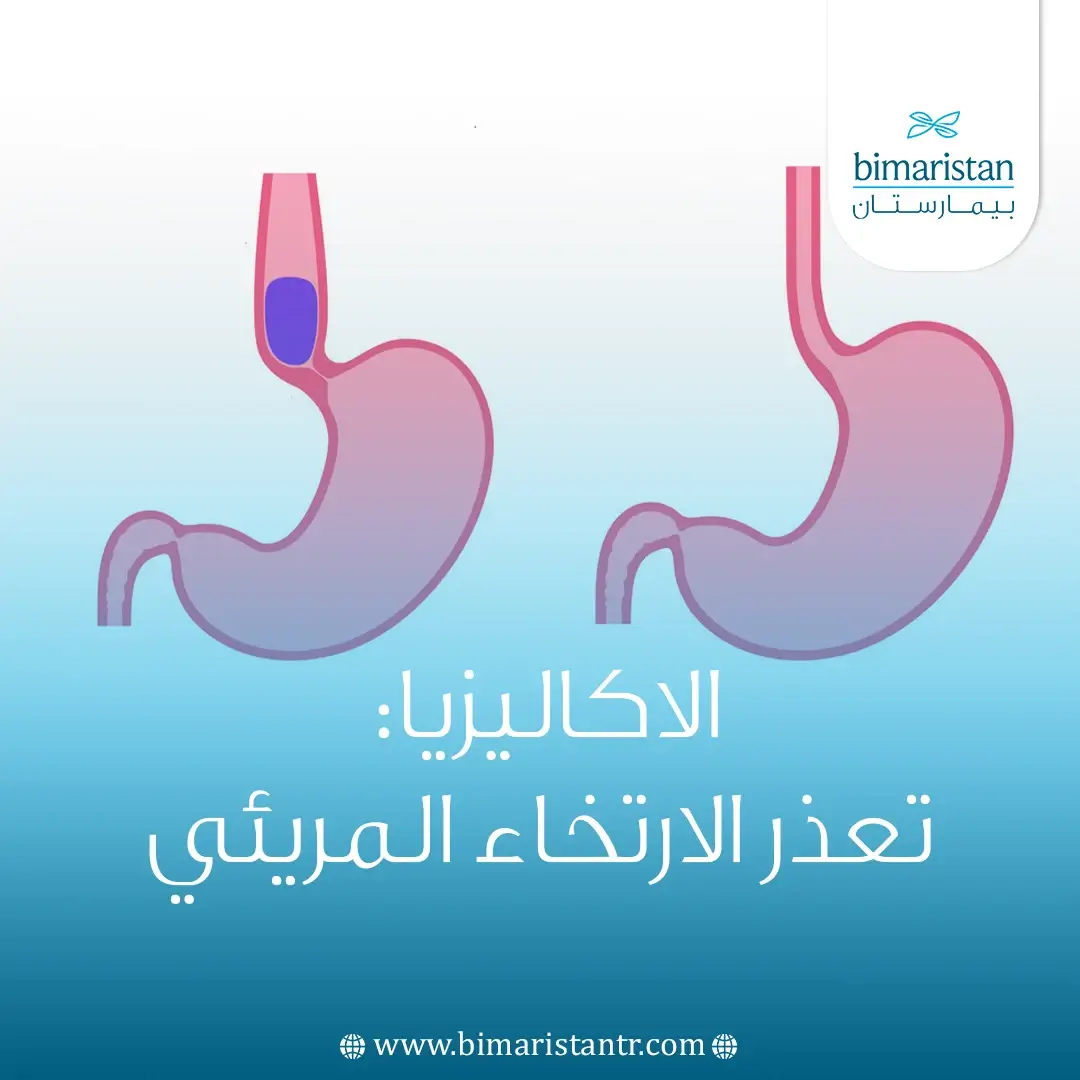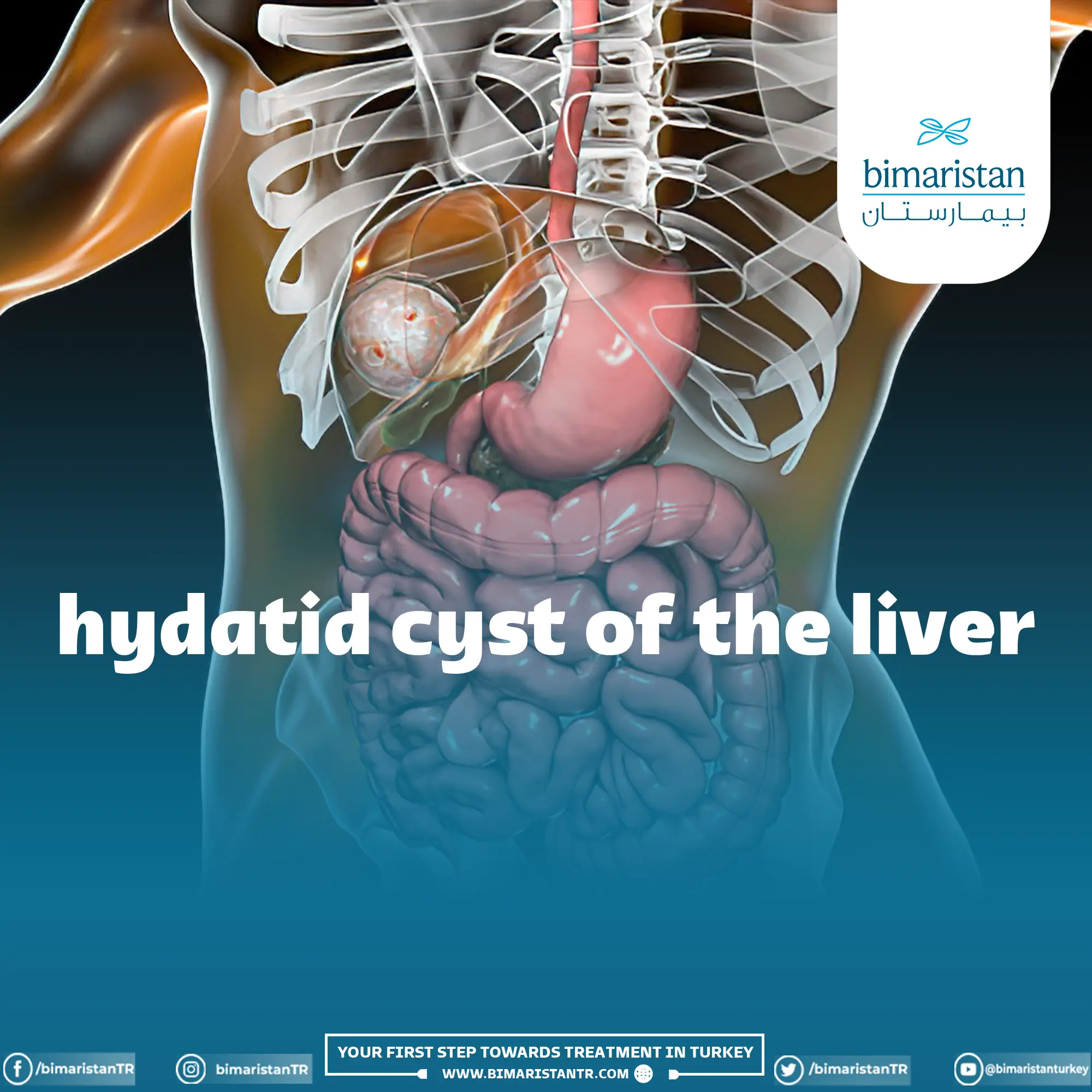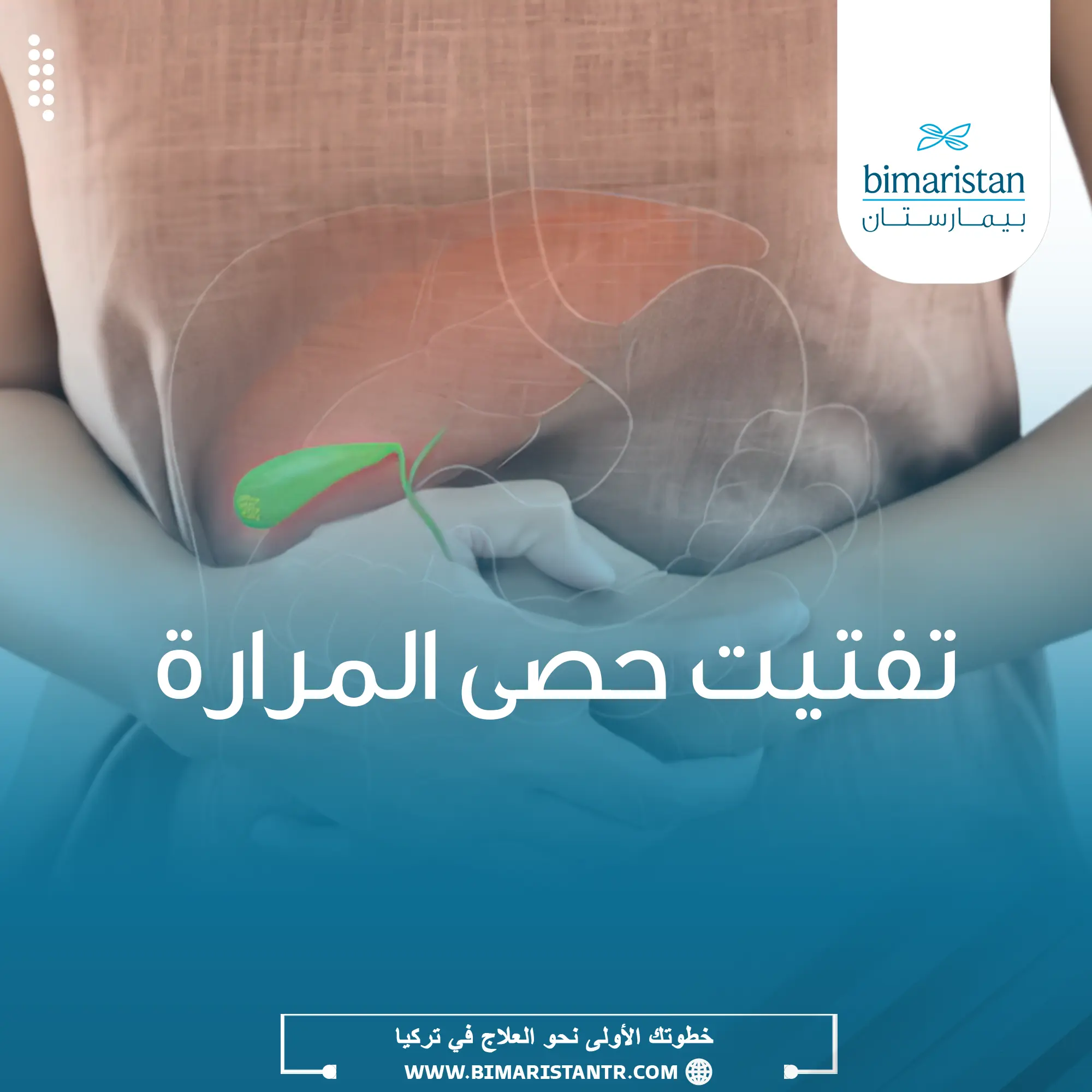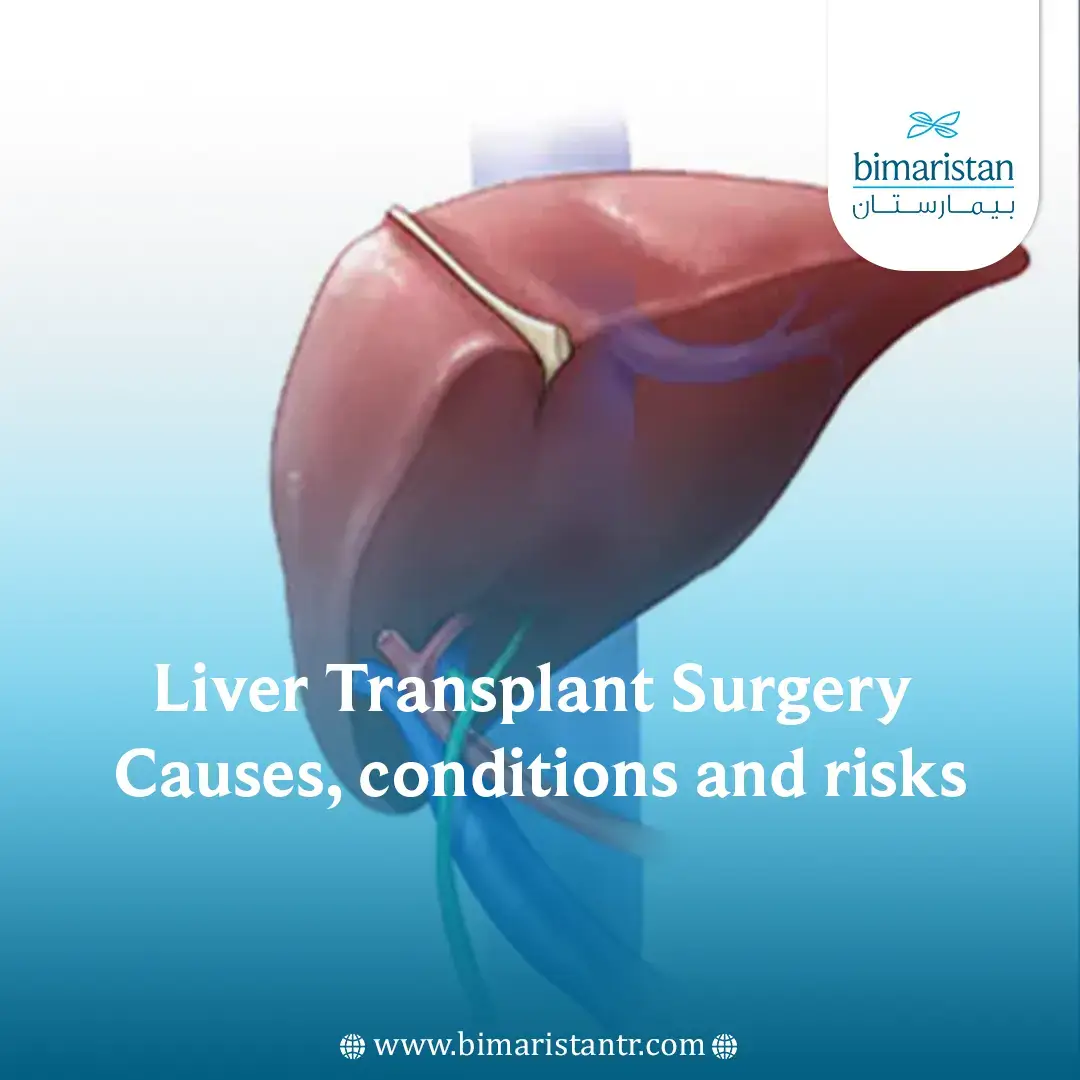
General Surgery
General surgery in Turkey is one of the most significant and comprehensive fields of medicine, having made a substantial impact on various branches of surgery and medicine through its development.
General surgery in Turkey is highly recommended. Turkey boasts some of the best hospitals in the world and is renowned for providing world-class care and services to patients. Surgeons in Turkey are qualified and experienced in performing the most complex surgeries. Patient recovery rates in Turkish hospitals are very high, making them highly trustworthy for any recommended surgical procedures.
Professor Dr. Özer Makay, a faculty member in the Department of General Surgery at Ege University Faculty of Medicine and one of the top surgeons in Izmir, has achieved numerous pioneering accomplishments. Professor Makay and his team performed the first scarless thyroid surgery in Georgia and achieved another significant success by performing the same surgery in Azerbaijan.
According to the provided statistics, there are 3,957 specialists in general surgery working in over 1,500 healthcare facilities. Among them, 400 hold the title of Professor, and 324 hold the title of Consultant. There are 5 surgeons per 100,000 people, a high ratio that rivals the strongest countries in this field.
What Diseases Are Targeted by General Surgery in Turkey?
General surgery in Turkey encompasses a variety of procedures, including endocrine surgery, breast surgeries (both benign and cancerous conditions), as well as surgeries involving the liver, pancreas, bile ducts, and gallbladder.
Surgical procedures are also performed for cancers such as those of the esophagus, stomach, small intestine, colon, and rectum. Additionally, surgeries for gallstones, hernias, and obesity (aimed at ensuring a healthy life and appropriate appearance for patients) are included.
Diagnostic Methods Followed Before General Surgery in Turkey
The process begins with a detailed patient history and a patient-centered approach. Information about previous illnesses is gathered, followed by necessary physical examinations and radiological assessments. A diagnosis is established, and an appropriate treatment plan is then devised.
Methods Used in General Surgery in Turkey
The optimal surgical method is selected based on the patient’s condition and the affected organ. Although a significant proportion of cases referred to the general surgery department involve tumor patients, tumors are often treated in collaboration with specialists in the relevant organ area.
With technological advancements, minimally invasive surgeries, including video endoscopic surgeries (laparoscopy), laser surgeries, and percutaneous interventional procedures, are performed alongside open and closed multidisciplinary interventions.
In minimally invasive surgeries, laparoscopes are used to ensure rapid postoperative recovery, making these methods preferred by many doctors and patients. In open surgeries, surgical incisions provide a larger working area for the surgeon but result in larger scars after surgery.
Laparoscopic Surgery
Laparoscopic surgery techniques are utilized in the general surgery department in Turkey to visualize abdominal organs, particularly by inserting a thin laparoscope through the navel. Laparoscopic surgery is performed under general anesthesia.
Laparoscopic surgery, commonly referred to as “closed surgery,” “surgery without a scalpel,” or “bloodless surgery,” illuminates the abdomen, enabling direct observation of the disease or problem.
If necessary, treatment is administered through 3-5 mm incisions made simultaneously at different points in the abdomen using assisting devices inserted into the abdomen. This approach allows access to all abdominal organs during the procedure, enabling a more comprehensive evaluation.
Laparoscopic procedures are performed for surgeries such as obesity treatment, gallbladder surgery, inguinal hernia repair, appendectomy, and hiatal hernia repair, among many others.
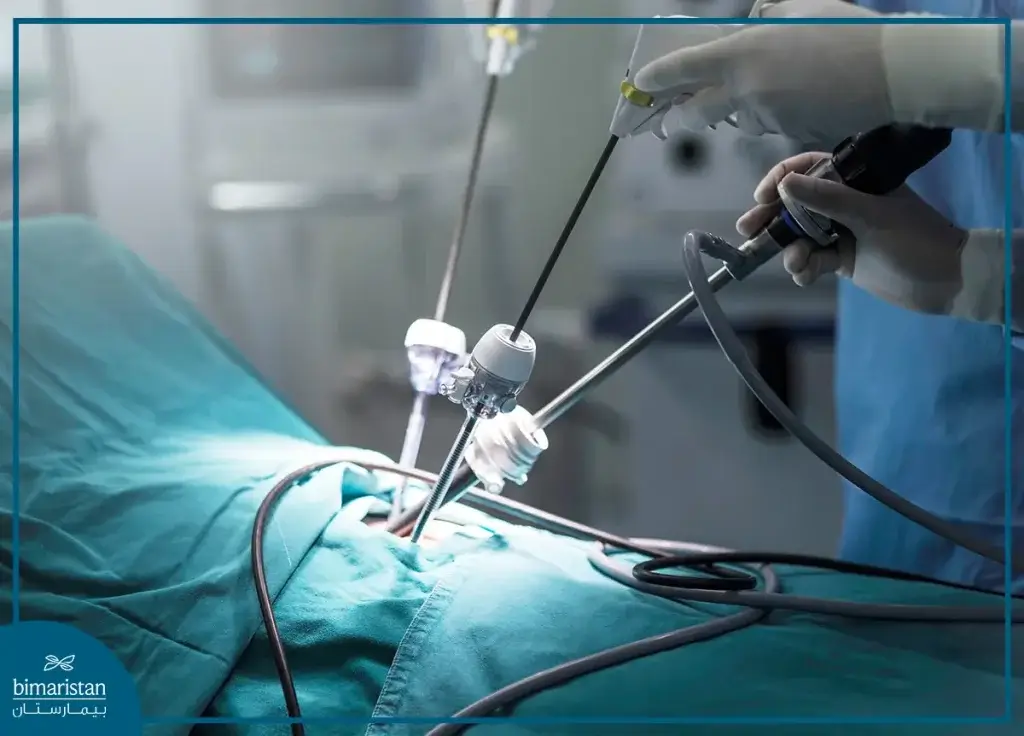
Robotic Surgery via the da Vinci Surgical System
The da Vinci Surgical System is an advanced robotic platform designed to extend surgeons’ capabilities. Its ergonomic design allows surgeons to operate while seated comfortably at a console, with their eyes and hands aligned with the instruments. The surgeon can move the instruments or the camera as desired through commands given by their hands.
The da Vinci robot’s vision system provides high-definition, three-dimensional views, giving the surgeon a completely clear, magnified view of the surgical area up to 10 times.
The da Vinci Surgical System enables surgeons to perform minimally invasive procedures with greater ease by providing superior vision, greater precision, and better comfort.
There are many areas of use of robotic surgery in Turkey:
- Gastrointestinal Surgeries: Particularly for stomach cancers and gastroesophageal reflux disease (GERD).
- Gynecological surgeries: especially for diseases such as endometriosis, fibroids, cancers, and uterine rupture.
- Thoracic Surgeries: Lung diseases like benign tumors and chronic obstructive pulmonary disease (COPD).
- Hepatobiliary and Pancreatic Surgeries
- Colorectal Surgeries
- Thyroid Surgeries
- Breast Surgeries

What are the General Surgeries in Turkey?
Stomach and Small Intestine Surgery
The General Surgery Department in Turkey involves surgical treatments for benign diseases and cancers of the stomach and small intestine. These surgeries include the removal of early-stage gastric lining tumors, partial or total gastrectomies, bowel resections, treatments for duodenal ulcers, and cases of intestinal intussusception. Laparoscopic surgery, a minimally invasive technique, is frequently used, particularly in tumor surgeries, allowing patients a comfortable postoperative period and adequate time for additional treatments.
Obesity Surgeries
These are surgical interventions aimed at treating individuals with a Body Mass Index (BMI) of 35 or higher who suffer from chronic diseases causing significant health problems. Obesity surgeries, which fall within the scope of general surgery in Turkey, include gastric reduction surgeries and accompanying bowel shortening procedures performed using minimally invasive techniques, reducing the recovery time for patients. While older procedures like gastric banding are becoming less common, more effective methods such as sleeve gastrectomy, gastric bypass, and gastric ballooning are widely used.
These surgeries are not performed on every obese patient. For the surgeries to be successful, a detailed consultation before the operation is necessary.
Abdominal Wall Surgery
Abdominal wall surgeries are conducted in the General Surgery Department in Turkey to treat specific conditions, such as umbilical hernia in children and women. The goal of these surgeries is to restore the strength and stability of the abdominal wall, enabling it to withstand physical activity.
Breast Surgery
This includes surgeries for benign and malignant breast tumors, including the following and many others:
| Benign tumors | Malignant tumors |
| Phyllodes Tumor | Ductal carcinoma in situ (DCIS) |
| Fibroadenoma | Invasive Ductal Carcinoma (IDC) |
| Hydatid cysts | Invasive lobular carcinoma |
| Breast sebaceous cyst | Inflammatory breast cancer |
The surgical approach in breast surgeries is to remove only the tumor area while preserving the integrity of the breast. However, in cases of multifocal tumors where the entire breast needs to be removed, cosmetic and reconstructive surgeries performed in the same session ensure the aesthetic appearance of the breast.
Esophageal Surgery
Esophageal surgeries include procedures for treating esophageal cancer, gastroesophageal reflux disease (GERD), and conditions that cause significant discomfort for patients, such as achalasia.
Endocrine Surgery
These are surgical treatments applied to glands that secrete hormones into the bloodstream, especially thyroid tumors, including:
- Thyroid enlargement (goiter)
- Toxic nodular goiter
- Thyroid cancers
Surgical treatment for diseases and benign tumors in the pancreas also falls under the scope of endocrine surgery.
What are the surgical methods used in thyroid diseases?
- Partial thyroidectomy: Partial removal of enlarged thyroid tissue.
- Total thyroidectomy: Complete removal of the thyroid gland.
- Hemithyroidectomy: Removal of one complete thyroid lobe.
- Nodule removal: Removal of specific nodules from the thyroid.
Special procedures are also applied during thyroid surgeries to minimize the risk of bleeding and to preserve the integrity of the vocal cords.
Liver, Pancreas, and Biliary Tract Surgery (HPB Surgery)
In the General Surgery Department in Turkey, diseases and tumors of the liver, pancreas, and biliary tract are treated under the category of Hepato-Pancreato-Biliary (HPB) surgery. Surgeries for these conditions are performed after diagnosis using advanced imaging techniques such as ERCP, which serves as both a diagnostic and therapeutic tool. Additionally, surgeries can be carried out using laparoscopic techniques, open surgery, or robotic surgery.
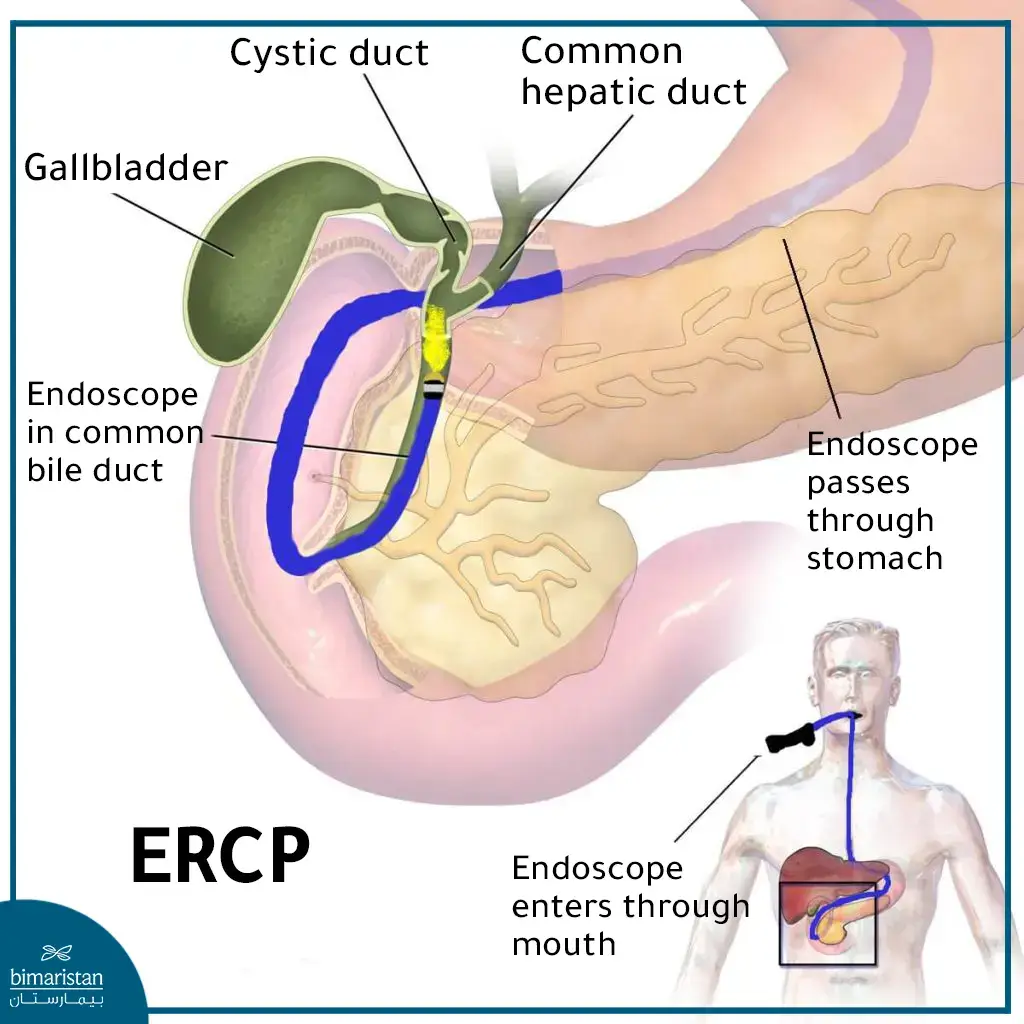
Colon and Rectal Surgery
Due to the prevalence of diseases affecting the large intestine, rectum, and anus, these conditions require a specialized team and equipment to achieve accurate diagnosis and appropriate treatment. Surgical treatments are performed for internal and external hemorrhoids, constipation, anal fissures, abscesses, perianal fistulas, fecal incontinence, intestinal hernias, colon and rectal cancers, and anal and perianal warts.
Organ Transplant Surgery
General surgery centers in Turkey collaborate with international organ transplant centers, particularly for liver and kidney transplants.
Major Organ Transplant Hospitals in Turkey
- Medical Park: The largest hospital group in Turkey.
- Medipol Mega University Hospital in Istanbul
- Memorial Hospital Organ Transplant Department
- Hisar Intercontinental Hospital
- Liv Ulus Hospital
Renowned General Surgeons in Turkey
Turkey boasts a distinguished group of general surgeons, including but not limited to:
- Professor Dr. Mustafa Uygar Kalayci: Highly experienced in laparoscopic and robotic surgery.
- Dr. Abdulhamid Kadour
- Dr. Ertan Aydın Albayati
- Dr. Abdulrahman Mohammed Al-Alyan
- Dr. Mohammed Al-Abbarsh
Cost of General Surgery Procedures in Turkey
The cost of general surgery procedures in Turkey varies depending on the type of procedure. For example, the price for gastric bypass surgery ranges from approximately $4,000 to $8,000, while the average cost for treating prostate cancer with high-frequency ultrasound is about $7,500, compared to around $15,000 in the United States. The average cost for inguinal hernia surgery in Turkey is between $1,000 and $1,600.
Bimaristan Center provides high-quality general surgery services in Turkey. It collaborates with specialized doctors and a distinguished medical team during surgeries and even in postoperative care. Our ultimate goal is to achieve the best possible outcomes in treating all patients.
